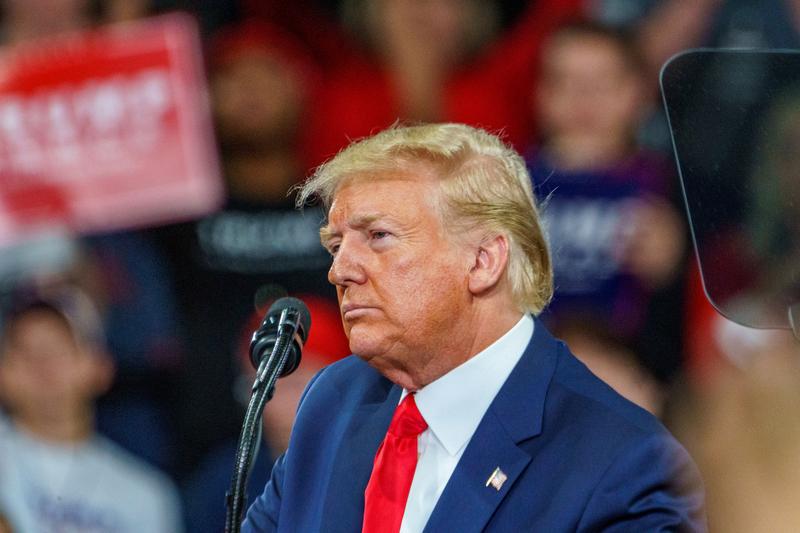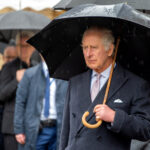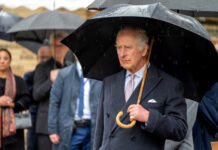President Donald Trump’s executive order aiming to reform the nation’s election processes encountered its initial legal challenges on Monday, March 31, 2025. The Democratic National Committee (DNC) and several nonprofit organizations filed lawsuits questioning its constitutionality.
The Campaign Legal Center and the State Democracy Defenders Fund initiated the first legal complaint in the U.S. District Court for the District of Columbia on Monday afternoon. The DNC, in conjunction with the Democratic Governors Association and Democratic leaders from the Senate and House, soon followed with their own lawsuit in the same court.
Both legal actions seek to have the court block Trump’s executive order and declare it unconstitutional, arguing that it violates the Constitution’s Elections Clause. This clause grants states, not the president, the authority to decide the “times, places and manner” of elections.
“The president’s executive order is an unlawful action that threatens to uproot our tried-and-tested election systems and silence potentially millions of Americans,” stated Danielle Lang, senior director of voting rights at the Campaign Legal Center. She emphasized that it is beyond the president’s power to establish election rules by executive order, especially when these rules could limit voting access.
The executive order, signed last week, mandates documentary proof of citizenship for voter registration, establishes new deadlines for mail-in ballots, and instructs the Department of Homeland Security to help states verify voter eligibility. It also directs the attorney general to prioritize enforcing laws that prohibit non-citizens from voting.
Legal experts have raised concerns that several components of the order may infringe upon the U.S. Constitution. The order also claims authority over the U.S. Election Assistance Commission, an independent agency responsible for setting voluntary voting system guidelines and managing the federal voter registration form.
Both lawsuits underscore that while the Constitution allows Congress to “make or alter” election regulations for federal offices, it does not mention presidential control over election administration. The legal challenges argue that the order signifies an unconstitutional overreach by the executive branch into areas reserved for states and Congress.
“The Constitution is clear: States set their own rules of the road when it comes to elections, and only Congress has the power to override these laws with respect to federal elections,” Lang stated.
The nonprofit organizations’ lawsuit names three voter advocacy groups as plaintiffs allegedly harmed by the executive order: the League of United Latin American Citizens, the Secure Families Initiative, and the Arizona Students’ Association.
The DNC’s lawsuit raises issues regarding the role of the Department of Government Efficiency (DOGE), a contentious government cost-cutting entity. Democrats contend that the order’s requirements for DOGE to cross-reference federal data with state voter lists violate privacy rights and increase the likelihood that voters will face harassment “based on false suspicions that they are not qualified to vote.”
In a statement, the DNC and other Democratic plaintiffs described the order as “an unconstitutional power grab from Donald Trump that attacks vote by mail, gives DOGE sensitive personal information and makes it harder for states to run their own free and fair elections.”
Trump has defended the executive order as necessary to secure elections against illegal voting by non-citizens. Yet, numerous studies and investigations in individual states have shown that non-citizens voting in federal elections—already a federal felony—is an extremely rare occurrence.
If courts uphold the order, it could pose significant challenges for election administrators and voters. State election officials would need to invest time and resources to comply with the new requirements, potentially acquiring new voting systems and educating voters about the changes.
The proof-of-citizenship requirement is particularly contentious as millions of eligible voting-age Americans lack readily available documentation. When Kansas implemented a similar requirement for three years before it was overturned, the state’s own expert estimated that nearly all of the approximately 30,000 people prevented from registering to vote during that time were actually U.S. citizens eligible to vote.
Further legal challenges may be forthcoming. The American Civil Liberties Union and other voting rights advocates have indicated they are considering legal action. Several Democratic state attorneys general have also stated they are reviewing the order and believe it may be illegal.
Meanwhile, Republican officials in some states have commended the order, suggesting it could aid in preventing voter fraud and provide them with federal data to better maintain their voter rolls.
Congress is also considering legislation that would codify a proof-of-citizenship requirement for voter registration into law. Trump has signaled additional election-related actions in the coming weeks.
These lawsuits are the latest in a sequence of legal challenges to executive actions taken during the initial months of Trump’s second term. Federal judges have partially or fully blocked many previous orders, including attempts to restrict birthright citizenship, ban transgender individuals from military service, and limit diversity, equity, and inclusion initiatives among federal contractors and grant recipients.
The courts will now decide whether this executive order falls within presidential authority or represents an unconstitutional attempt to regulate elections—a power that plaintiffs argue is reserved solely for states and Congress under the Constitution.











